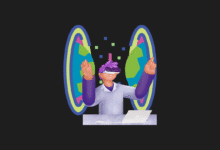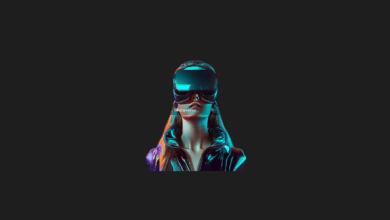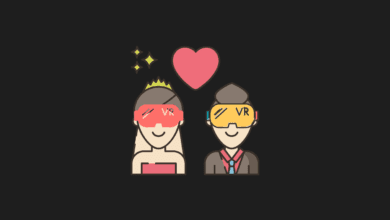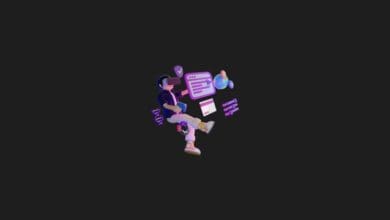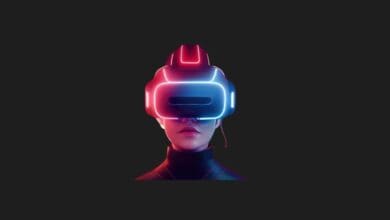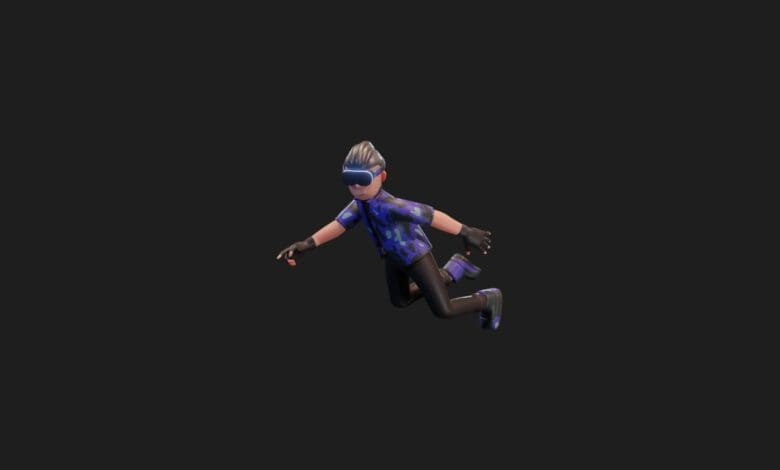
The Impact of the Metaverse on Education
The concept of the Metaverse, a virtual and interconnected universe comprised of digital spaces, is gaining recognition as a potentially transformative platform across multiple sectors, including education.
Although predicting the future with absolute certainty is challenging, the Metaverse presents intriguing possibilities for the evolution of education. Here are several ways in which the Metaverse could influence the educational landscape:
Enhanced Interactivity and Engagement

Traditional classroom environments could be enhanced or substituted by interactive, 3D virtual classrooms within the Metaverse. This advancement has the potential to make learning more immersive, enabling students to engage in experiences, simulations, and tours that surpass the limitations of physical classrooms.
Global Accessibility
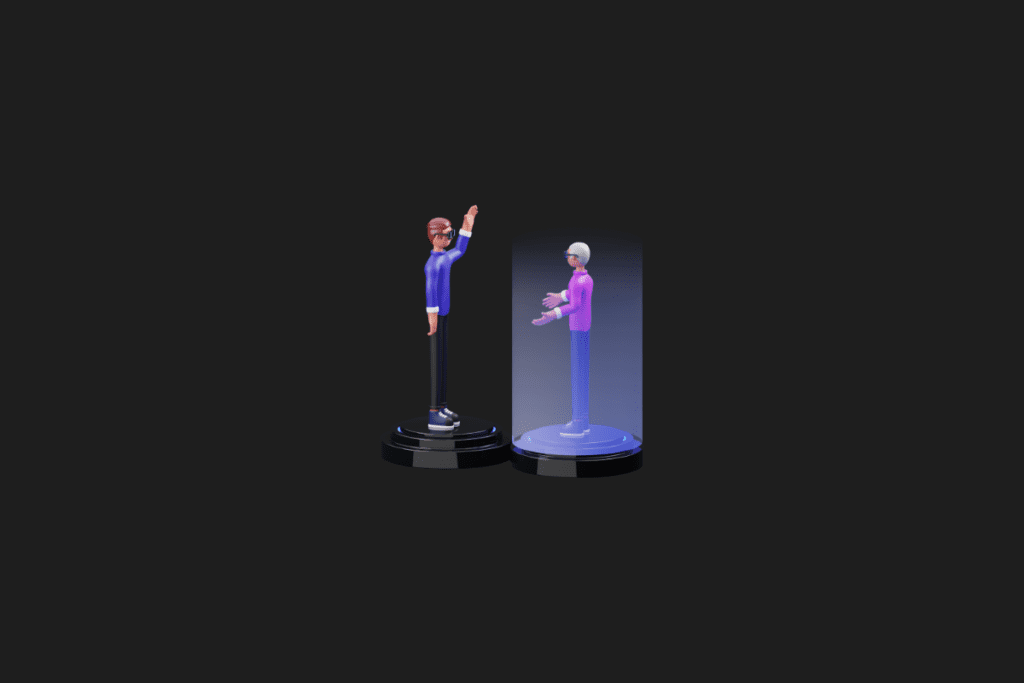
The Metaverse has the potential to render quality education accessible to anyone with an internet connection, regardless of their geographic location. This development could equalize opportunities, facilitating a more equitable distribution of educational resources and access.
Real-World Skill Development
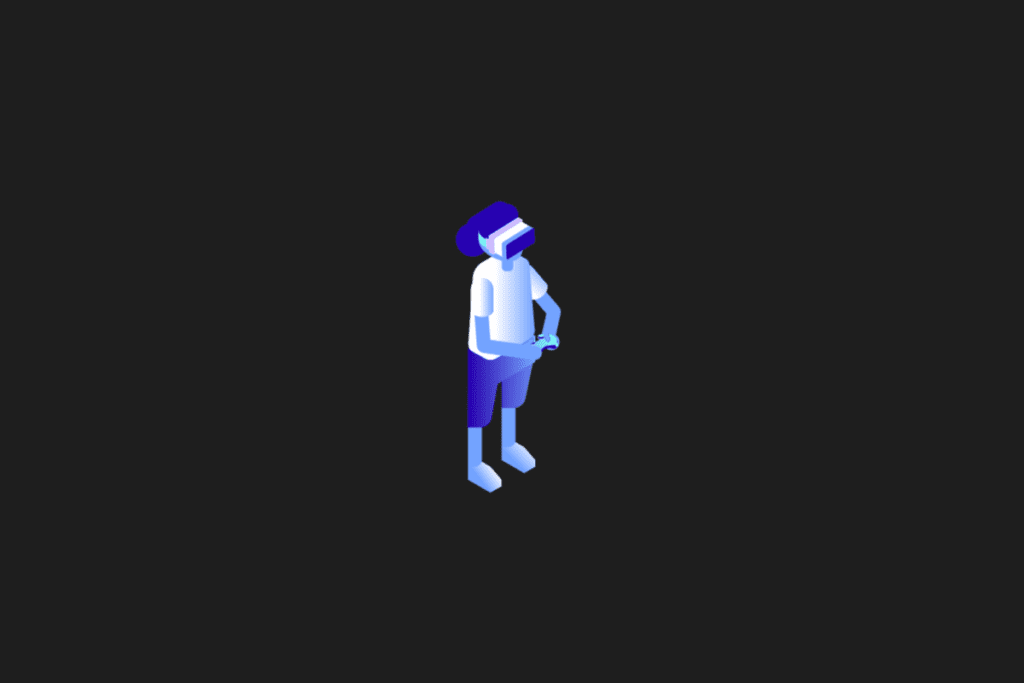
In addition to academic knowledge, the Metaverse could provide platforms where students have the opportunity to cultivate “real-world” skills, including social interaction, networking, digital literacy, and entrepreneurship, via simulations and experiences that mimic real-world scenarios.
Personalized Learning

The Metaverse could support highly personalized educational journeys where AI and data analytics tailor instruction to individual learning styles, paces, and preferences.
Immersive Experiential Learning
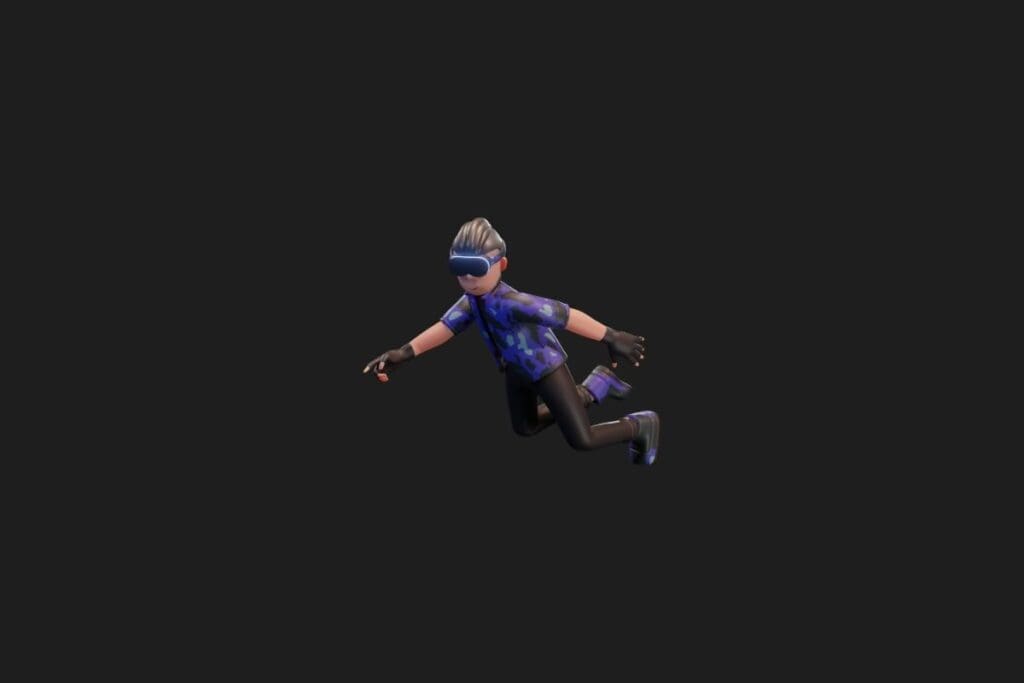
From history and art to science and technology, the Metaverse could offer unparalleled experiential learning opportunities. Imagine walking through a historically accurate virtual city or conducting experiments in a virtual lab that simulates real-world conditions.
Collaboration and Social Learning
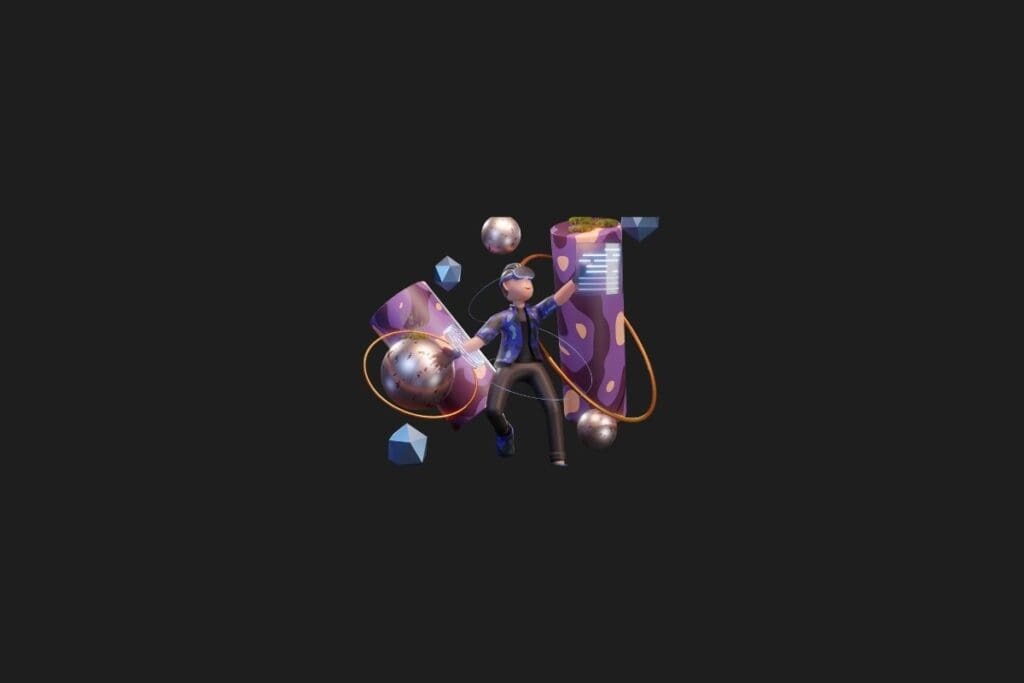
The Metaverse could take collaborative learning to a new level, allowing students from around the world to work together on projects, participate in group discussions, and share their knowledge and skills in a more interactive way than is possible through current online learning platforms.
Assessment and Analytics
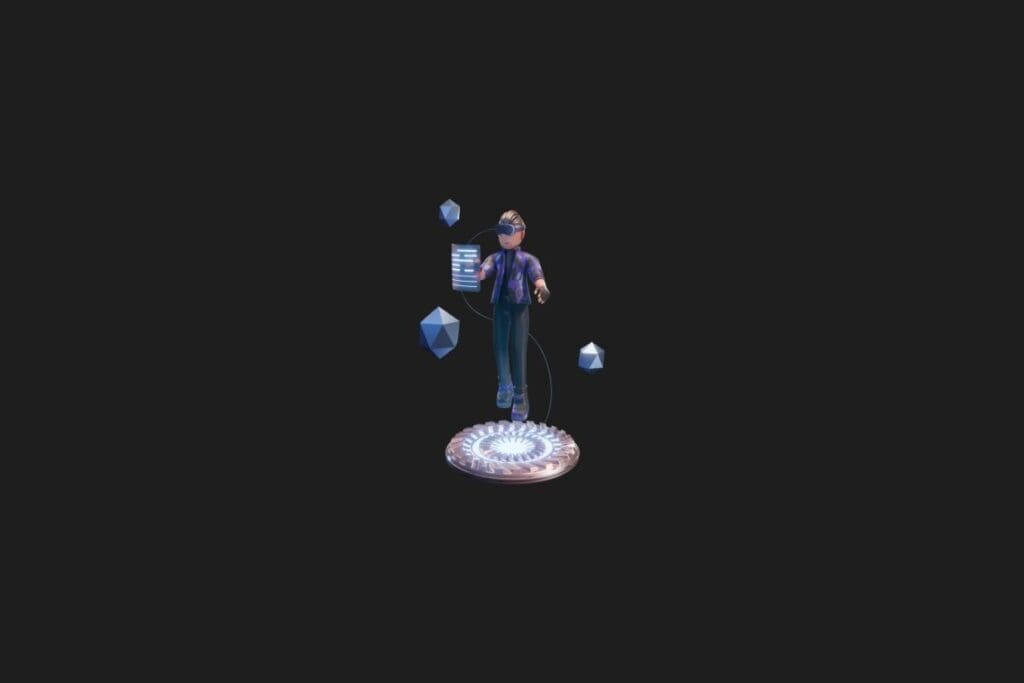
Advanced AI and machine learning algorithms could provide real-time feedback and assessments, helping educators and students monitor progress more accurately. Analytics could also guide course adjustments to better serve educational goals.
Ethical and Social Concerns
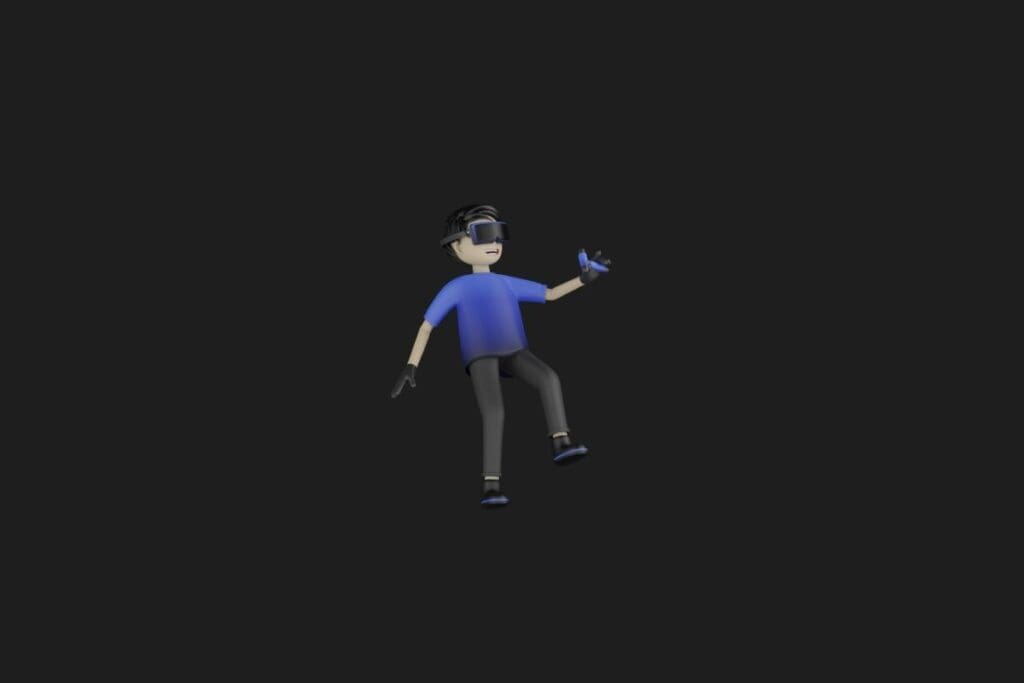
However, it’s crucial to note that the Metaverse will also bring challenges and concerns, such as data privacy, screen time, the digital divide, and the potential for misuse or inappropriate content. Regulations and guidelines will need to be developed to address these issues.
Costs and Accessibility

High-quality Metaverse experiences may require advanced hardware and reliable internet, which could exacerbate existing inequalities in access to educational resources.
In summary, while the Metaverse holds significant potential for revolutionizing education, it is a double-edged sword. Its implementation will require careful planning, equitable access, and ethical considerations to ensure it serves as a tool for educational enhancement rather than a source of division or harm.
You may also like this content
- What Is the Multiverse?
- Similarities and Differences Between the Multiverse and the Metaverse
- Predictions for the Future of the Metaverse Concept
Follow us on TWITTER (X) and be instantly informed about the latest developments…

